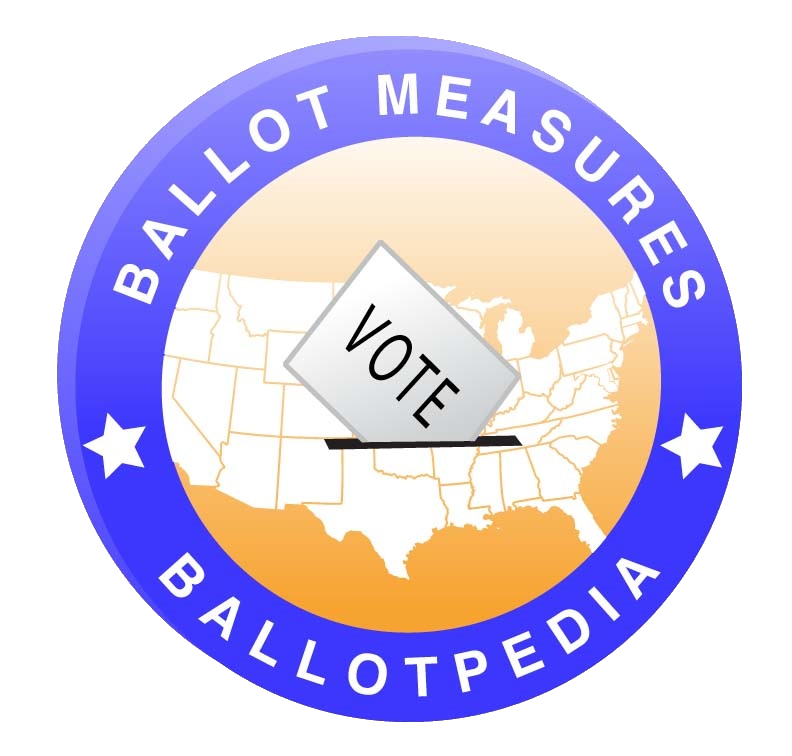Laws governing ballot measures in Wisconsin
This page provides an overview of resources addressing the laws and procedures that govern statewide and local ballot measures in Wisconsin, including constitutional amendments, recall procedures, and campaign finance regulations.
- Types of ballot measures in Wisconsin
- Amending the Wisconsin Constitution
- Laws governing local ballot measures in Wisconsin
- Laws governing recall in Wisconsin
- Laws governing state constitutional conventions in Wisconsin
- Campaign finance requirements for Wisconsin ballot measures
- Changes to laws governing ballot measures in Wisconsin
Laws governing ballot measures in Wisconsin
Types of ballot measures in Wisconsin
- Citizens of Wisconsin do not have the power to initiate statewide ballot measures.
- In Wisconsin, the legislature can refer constitutional amendments, state statutes, and advisory questions to the ballot.
Amending the Wisconsin Constitution
- Wisconsin became a state in 1848. The first and current state constitution was ratified that same year.
- The Wisconsin Constitution can be amended in two ways:
- Legislatively referred constitutional amendment: The state legislature can place constitutional amendments on the ballot with a majority vote from both houses of the legislature in two successive joint legislative sessions.
- Convention-referred constitutional amendment: A state constitutional convention can vote to refer constitutional changes to the ballot.
Laws governing local ballot measures in Wisconsin
- Wisconsin cities and villages have a state-set initiative process in Wisconsin Statute § 9.20 that may be used to propose and vote on regular ordinances or charter ordinances.
Laws governing recall in Wisconsin
- The right of recall in Wisconsin extends to all elective offices in the state, but only after the elected official has served a full year in his or her current term of office.
- In terms of local elected positions, the right of recall extends to incumbent elected officials of any city, village, town, town sanitary district, or school district in the state.
- The number of valid signatures required for a recall election is 25% of the number of voters in the last election for governor within the electoral district of the officer sought to be recalled.
Laws governing state constitutional conventions in Wisconsin
- A simple majority vote is required during one legislative session for the Wisconsin State Legislature to place a constitutional convention question on the ballot. If a simple majority of voters approve the question, then the legislature needs to convene a convention during its next session.
Campaign finance requirements for Wisconsin ballot measures
- PACs that support or oppose ballot measures in Wisconsin must register and report campaign finance.
- Wisconsin has no campaign contribution limit for referendum groups.
Changes to laws governing ballot measures in Wisconsin
See also

Footnotes
- ↑ Wisconsin State Legislature, "Assembly Bill 245," accessed June 25, 2023
- ↑ Wisconsin Public Radio, "Activists decry GOP push to stop nonbinding voter questions from appearing on ballots," May 8, 2023
- ↑ Wisconsin Democracy Campaign, "Do Not Muffle Our Voices," May 4, 2023
- ↑ Wisconsin State Legislature, "Assembly Bill 310," accessed June 22, 2023



